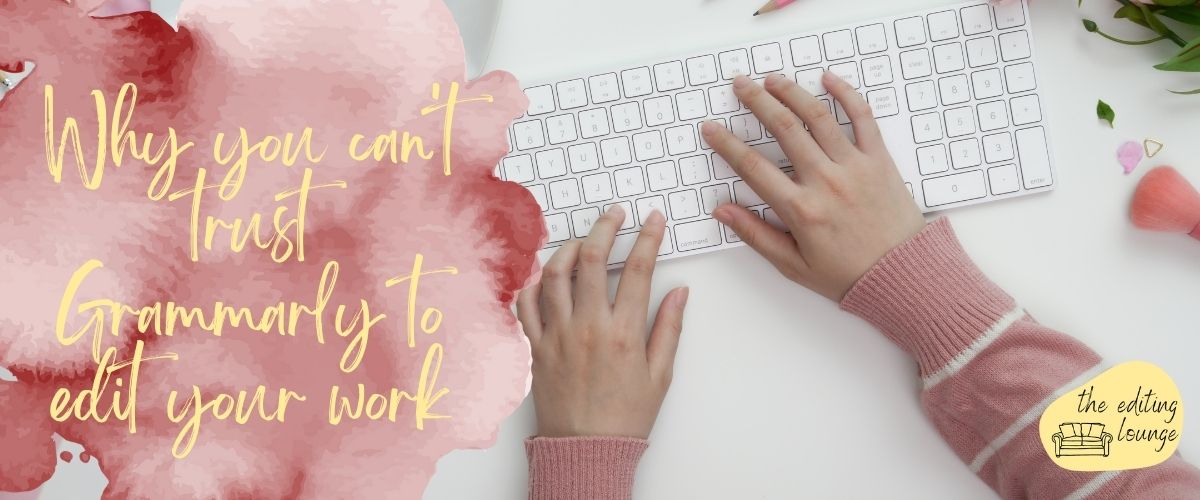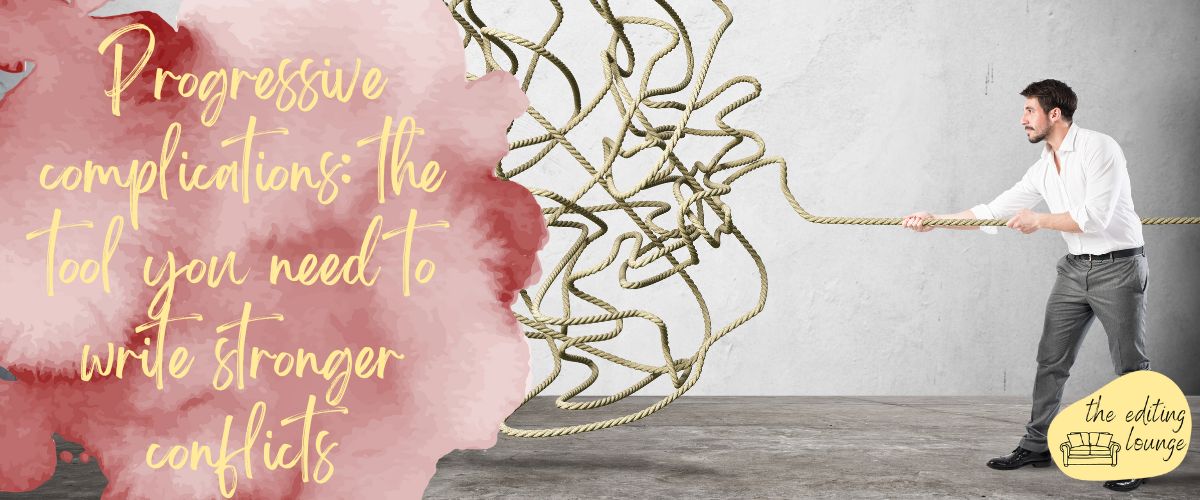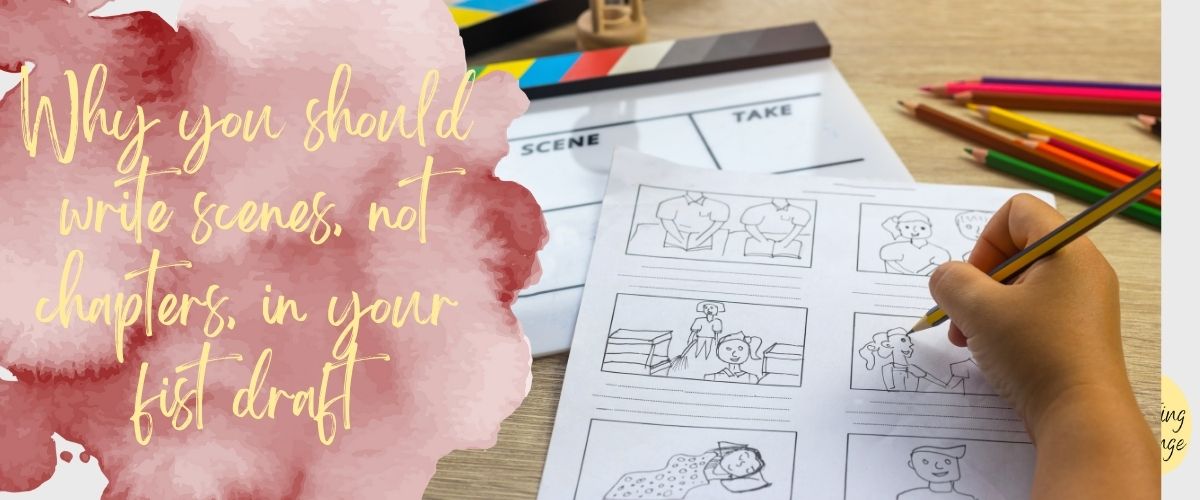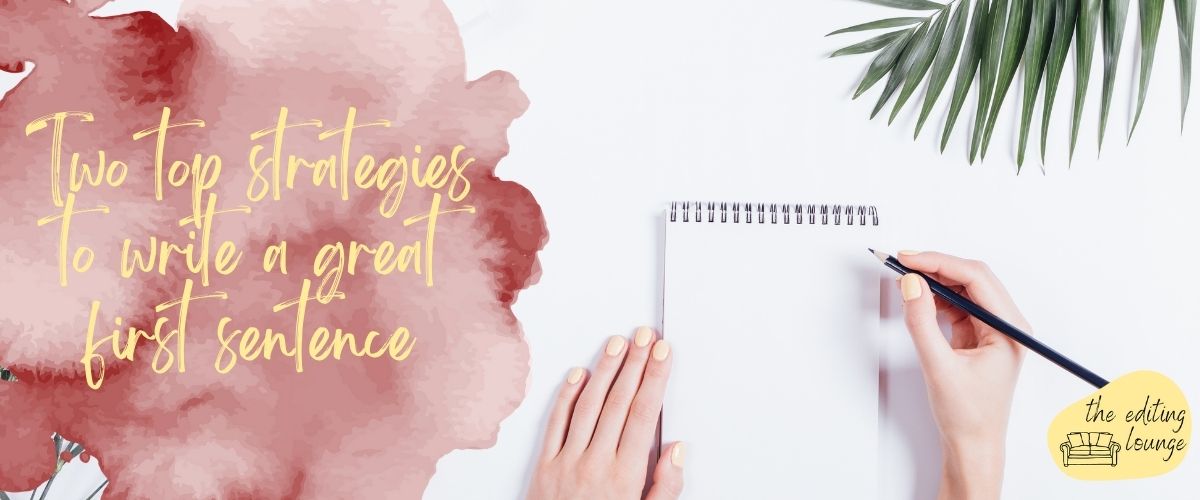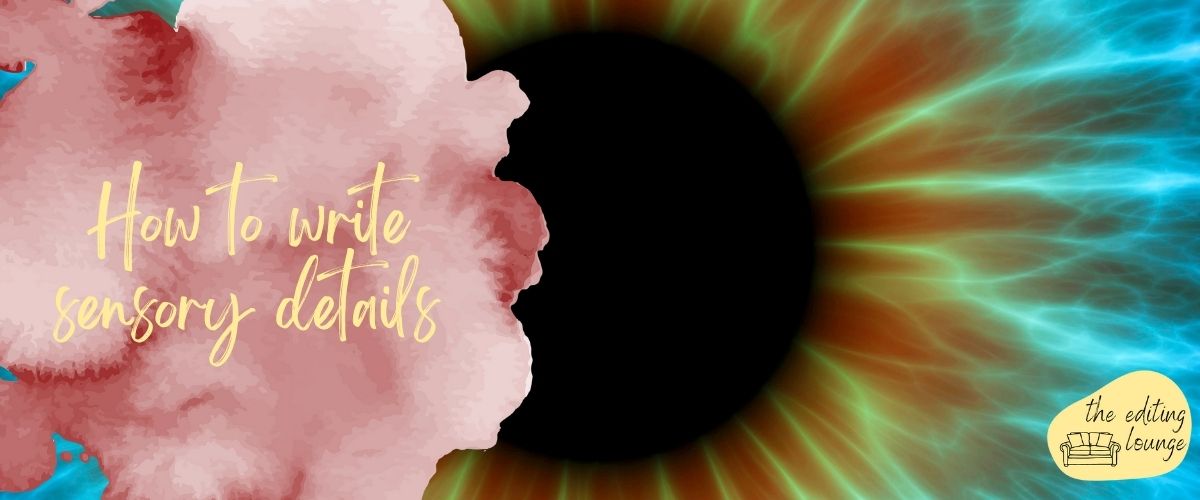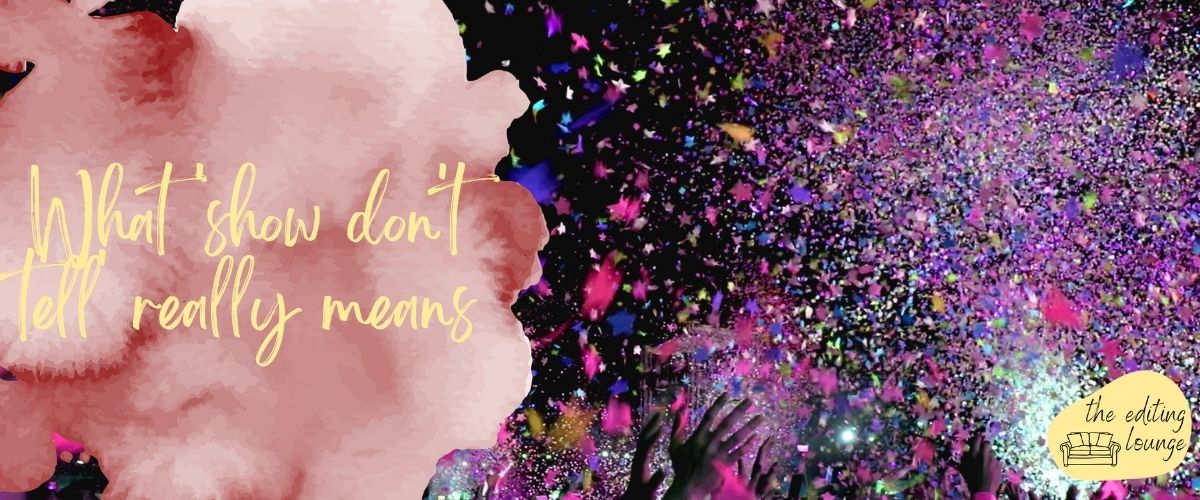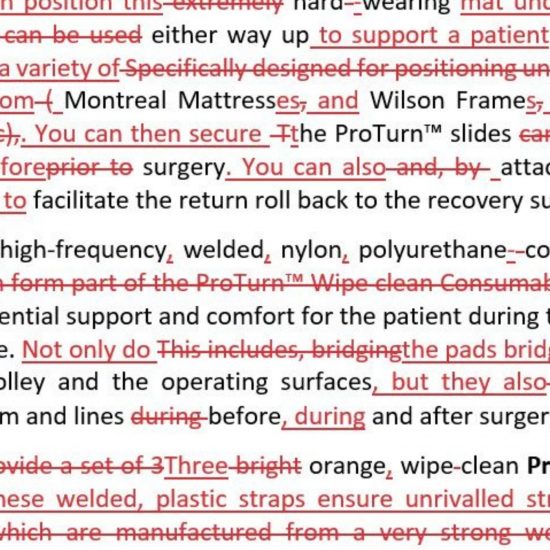
Lots of people who don’t understand what copyeditors do think we’re human incarnations of Grammarly who can’t fix your manuscript any more than an AI tool can.
(If I had a pound for every time someone told me I ‘just fix commas’, I’d be rich.)
Safe to say, copyeditors achieve a whole lot more than Grammarly does (have a look at this screengrab of my copyediting work, although not of fiction for confidentiality reasons).
But I haven’t written this blog post to explain what a copyeditor’s role entails. Instead, I’ll explain why Grammarly is often wrong and why, although it can be a helpful tool to use with a pinch of salt, applying Grammarly instead of hiring a copyeditor won’t get your manuscript anywhere near its best shape.
Grammarly won't fix all your technical errors
Grammarly might bill itself as a tool that can help you identify ‘errors that other spelling and grammar checkers can’t catch’, but it does miss several technical problems.
These examples are just a few of the errors I’ve seen in manuscripts that authors have put through Grammarly.
Missing:
- Articles (like ‘a’, ‘an’, and ‘the’).
- Prepositions (like ‘on’, ‘in’ and ‘under’).
- Quotation marks (like at the end of a quote).
- Conjunctions (like ‘and’, ‘but’, and ‘or’).
And misplaced:
- Possessives (like ‘Sarah’s ran’ instead of ‘Sarah ran’).
- Articles in front of proper nouns (like ‘The Helen’).

Grammarly detects problems that aren't problems

Grammarly also detects ‘problems’ that often aren’t problematic at all. For example, it highlights passive voice, split infinitives, and uncertain pronoun references.
While it is good to avoid these things sometimes, there are times and places for all of the above.
When using Grammarly, you need to know when to tell it no.
Grammarly suggests questionable spellings
Grammarly frequently flags ‘misspelt’ words. And sometimes this is helpful. But other times, Grammarly’s suggested spelling isn’t the only right one. Often, Grammarly tells me to use a spelling that’s different to the spelling in my dictionary.
So, pick a dictionary and stick to it. Value this dictionary’s spellings above any other, and no one will be able to criticise your consistency.
I use the Oxford English Dictionary (this free online Lexico Dictionary follows Oxford spellings).
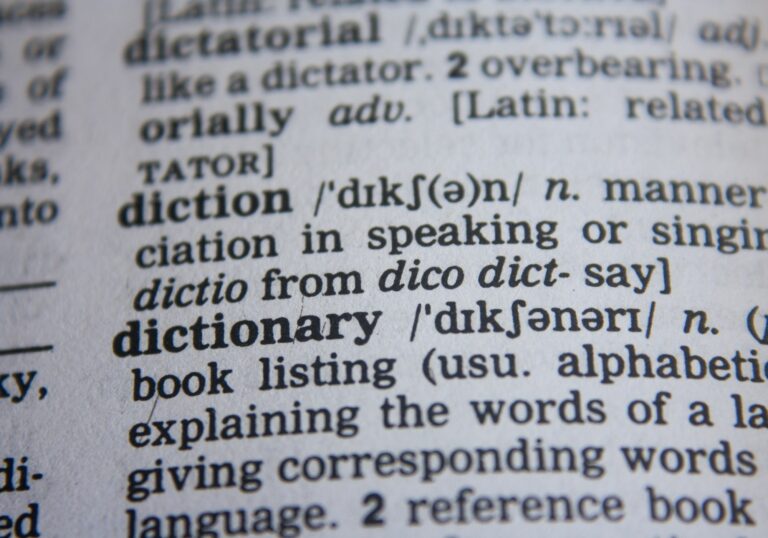
Grammarly will make incorrect suggestions

While Grammarly does offer some helpful suggestions to fix typos and make your writing more readable, some of its suggestions are just wrong.
For example, one of Grammarly’s weakest points is its understanding of commas. Grammarly constantly suggests that you insert commas in the oddest places. And a misplaced comma can drastically change the meaning of your sentence.
Grammarly doesn't know you or your goals
Unlike Grammarly, a copyeditor will edit with your goals, genre, and audience in mind. They know who you are, what your style is, and what you want to achieve out of your writing. They’ll emulate your voice and style and apply a personal approach to your edit.

When to use Grammarly

Grammarly is a fabulous tool if you already understand grammar and know when to ignore it. But if your grammar knowledge isn’t sparkly, be very careful how much you listen to Grammarly.
Most importantly, remember that Grammarly isn’t a replacement for a human editor. Instead, it can be a good way to check for typos before you send your manuscript to an editor.
A qualified editorial professional will be able to perform a thorough, contextualised edit and offer suggestions tailored to your specific needs.
On that note, watch out for very low-priced ‘editors’. If the price seems too good to be true, they’ll likely push your manuscript through Grammarly Premium and then return it to you under the guise of having ‘copyedited’ it.
About Charlotte

Charlotte is an award-winning writer and line/copyeditor who writes and edits for clients all over the world. She also works on the fiction team for Ambit, a UK literary and arts magazine.
She holds an international literary prize from Hammond House Publishing Group, two writing-related degrees, various marketing certifications, and training certificates from the Chartered Institute of Editing and Proofreading, of which she is a Professional Member.
Charlotte’s work has appeared in several anthologies, magazines, and literary journals, including Indigomania, Dream Catcher, and The Curlew.
She has also created a series of free self-editing cheat sheets to help new writers hone their fiction before sending their work off to a professional editor.
Progressive complications: the tool you need to write stronger conflicts
Conflict is essential to stories of all kinds. A story can’t exist with conflict. If your character could get whatever they wanted at the beginning of the story, there would be no reason to write it. Whether you’re writing a novel or a short story, conflict is what keeps your story going, what keeps the…
Where to start when plotting a novel
It’s arguable that the most important thing a novel should do is follow an arc of change. If nothing changes, do you really have a story? So, perhaps the first step to take when plotting your novel should be to decide, at the simplest level, what’s going to change. That’s easier said than done, but…
Why you should write scenes, not chapters, in your first draft
Plotting and writing a string of chapters long enough to fill a book is daunting. It’s impossible to know how many chapters you’ll need. And it’s impossible to order all of your chapters before you start writing and feeling your way around. That’s why it’s much easier to write your first draft in scenes instead…
How to write a love triangle
Although readers love a well-written love triangle, writing one is easier said than done. Love triangles that aren’t carefully plotted often end up predictable and clichéd. But when well developed and carefully thought out, love triangles can be great, moving plot devices that strengthen your story. What is a love triangle? A love triangle is…
3 ways to work out what your story theme is
I don’t need to know what my story theme is, I hear you say. Just let me crack on with my writing. I know. Hitting pause to think about your theme doesn’t feel like a priority when you’ve got all these great story ideas to get down on paper. Plus, some writers feel that identifying…
2 top strategies to write a great first sentence
Regardless of which genre you write, your first sentence needs to seduce your readers. Perhaps your first sentence is an invitation. A promise. A tease. A shock. A declaration. Whichever approach you adopt, this sentence must be irresistible. It must hook readers and pull them into the page. (Remember that lots of potential buyers read…
6 things to get right in your novel’s opening chapters
Writing a novel is a massive undertaking, regardless of how many books you’ve already written. And, no matter how many how-to books you’ve read and how many fiction workshops you’ve attended, it’s easy to miss the fundamentals when writing your opening chapters. When you submit your novel to an agent or publisher, they will almost…
How to write sensory details
When we include sensory details in our writing, we can evoke our readers’ senses of sight, sound, touch, taste, and smell. This is because painting a strong scene in your reader’s imagination helps them pull similar scenes from their own memories. Here, we’ll explore the science behind why evoking the senses can be so compelling…
What ‘show don’t tell’ really means
Lots of editors are quick to tell writers ‘show, don’t tell’. But this advice has been given so many times that we often forget to explain what it really means. I’ll break down the concept here so you can make the most of this advice. In brief, ‘telling’ is explaining what’s happening. Meanwhile, ‘showing’ is…
Using specific detail to bring your writing to life
Adding detail is essential to writing great fiction. But how specific is the detail in your manuscript? If I had received a pound for every time one of my writing tutors circled a phrase in my fiction with a note saying ‘specific detail please’ during my MA days, I’d be rich. There are likely lots…



